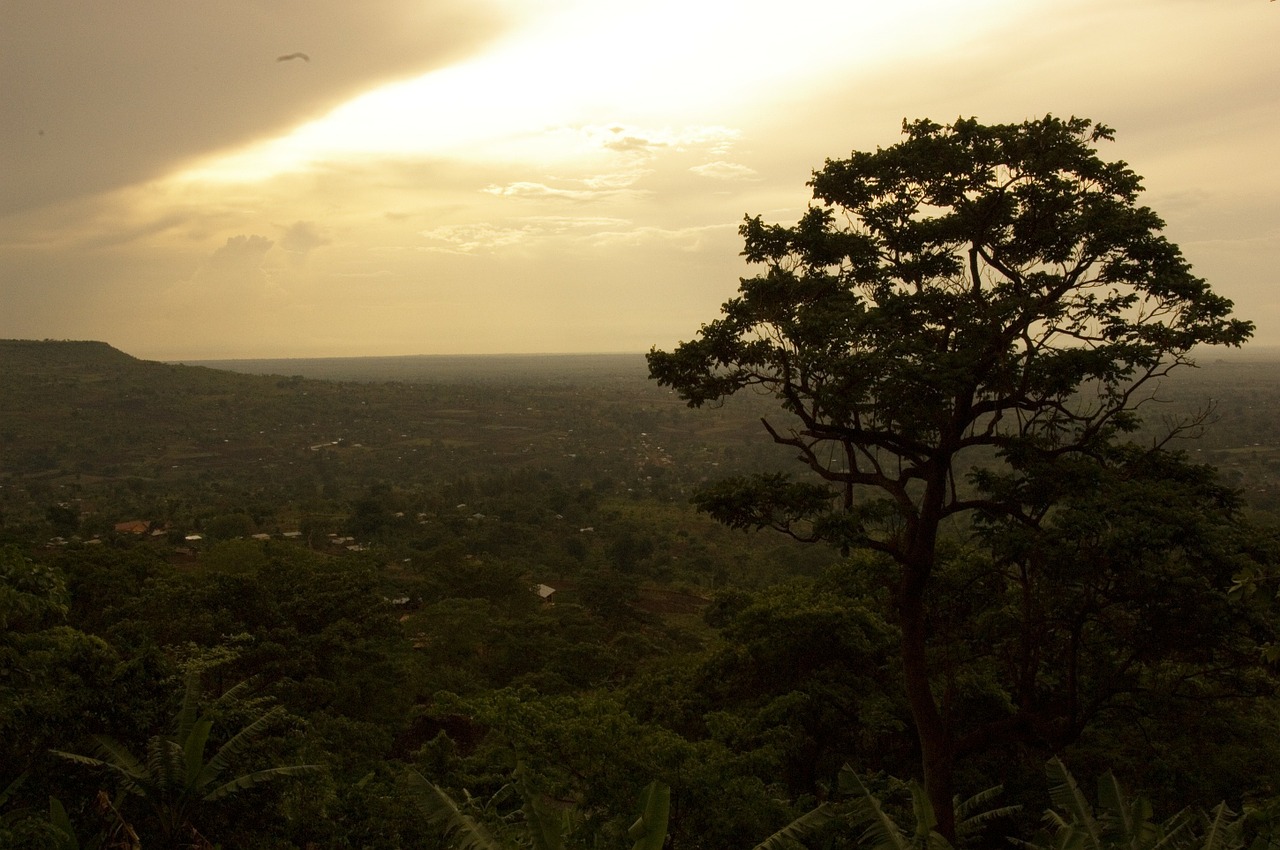Whether it’s to gain a new experience or to beef up a college application, some high schoolers each year spend a week of their summer in a foreign country, helping underprivileged communities and learning about other cultures. These short trips, intended to make positive impacts on locals, have been branded by some as voluntourism.
While participants may have genuine faith in the work they are doing on these service trips, they may also utilize these programs to better their chances at college admissions, advertising the fact that they are actively participating in volunteer work.
Ulterior motives aside, the good intentions behind service trips can often be misplaced. Participating in such a program for a few weeks may have modest positive effects, but the idea of long-term improvements seems far-fetched at best. Students are often ill-trained to perform tasks required of them, such as teaching English or building houses. In some extreme instances, untrained volunteers have performed medical procedures, putting patients at risk.
At age 19, American Renee Bach travelled to Uganda in order to start a charity for impoverished children. From 2010-15, Bach offered medical care to 940 malnourished children, despite having no medical training. During this span, 105 of her patients died. Bach is now facing a lawsuit in Ugandan Civil court.
Though not as extreme, many high school programs allow untrained individuals to perform services that should be performed only by professionals.
Alexa Aalami, a senior at Palo Alto High School, traveled to Thailand in summer 2017 for a service trip led by National Geographic. During her trip, Aalami was expected to teach young children English, a task she told The Daily she was not effectively trained to do.
“We were given no curriculum, which was frustrating,” Aalami said. “The lessons were informal: teaching the English names for objects in the classroom and playing games. We would arrive in the morning and be assigned a different grade level so we could interact with different ages, but this was probably repetitive because we had no idea what was taught by the previous group.”
Since the poor planning of the lessons and lack of prior training limited the volunteers’ effectiveness as teachers, Aalami believes her most meaningful gift to the children was friendship.
“I found what was most beneficial was purely interacting with the kids and joking,” she said. “I was more there as a friend, playing with the kids and exchanging games and music. I am skeptical any English was taught while I was there because of the short length and disorganization of the program.”
In the Huffington Post, writer Pippa Biddle recounted her own experience as an underprepared and privileged teen on a service trip to an orphanage in Tanzania.
“Our mission while at the orphanage was to build a library,” Biddle wrote. “Turns out that we, a group of highly educated private boarding school students were so bad at the most basic construction work that each night the men had to take down the structurally unsound bricks we had laid and rebuild the structure so that, when we woke up in the morning, we would be unaware of our failure.”
The experiences of Aalami and Biddle support a common idea: Money spent on service trips could be better spent on the training of residents in areas of need, who can complete the same tasks as visitors with greater proficiency, greater understanding of the the community and without leaving after a task is complete.
According to Aalami, another important aspect of service trips is how participants reflect on their experiences. Social media posts are one potentially selfish byproduct of such trips, as students may be inclined to post about their experiences online in search of recognition and praise.
Though Aalami said her own service trip was a valuable experience, she decided not to post about it on social media, citing a feeling of guilt.
“I never posted on social media because I feel ‘service posts’ perpetuate the divide,” Aalami said. “Posing with underprivileged youth in a foreign country disregards those [underprivileged] youth within a mile radius of your home. I was guilty for the absurd price of the experience because the money could have paid for resources for the school, like infrastructure and teachers.”
Ella Henry, a senior at Palo Alto High School, visited a school in Zambia to meet and assist students for a couple of days. Though she posted a photo from the trip on social media, she told The Daily that she did not emphasize her service, instead opting to express gratitude for the time she was able to spend at the school.
“I feel that is okay to post a photo showing that you are appreciative being there and having a good time,” Henry said. “Although, it is important to be aware of what you are posting and how it can affect the people around you.”
Luca Pagini, also a senior at Palo Alto High School, said posting about social injustice is unethical unless the poster is fighting the injustice in question through their own community involvement, service trips or both. Even if someone is involved in relevant service efforts, Pagini sees social media posts as self-serving.
“The best service post might be no post at all because you aren’t serving anyone other than yourself by posting pictures of that trip for likes and comments,” Pagini said.
Regardless of their motives for service, students volunteering abroad should consider whether they are investing their time, effort and money in the most cost-effective way. Public service is a resume-booster because it is meaningful. But meaningful work can be done locally, saving would-be travel money for investment in communities abroad.
Contact Lucy Nemerov at lucynemerov ‘at’ gmail.com.
